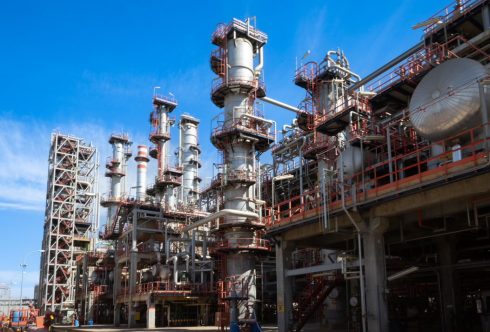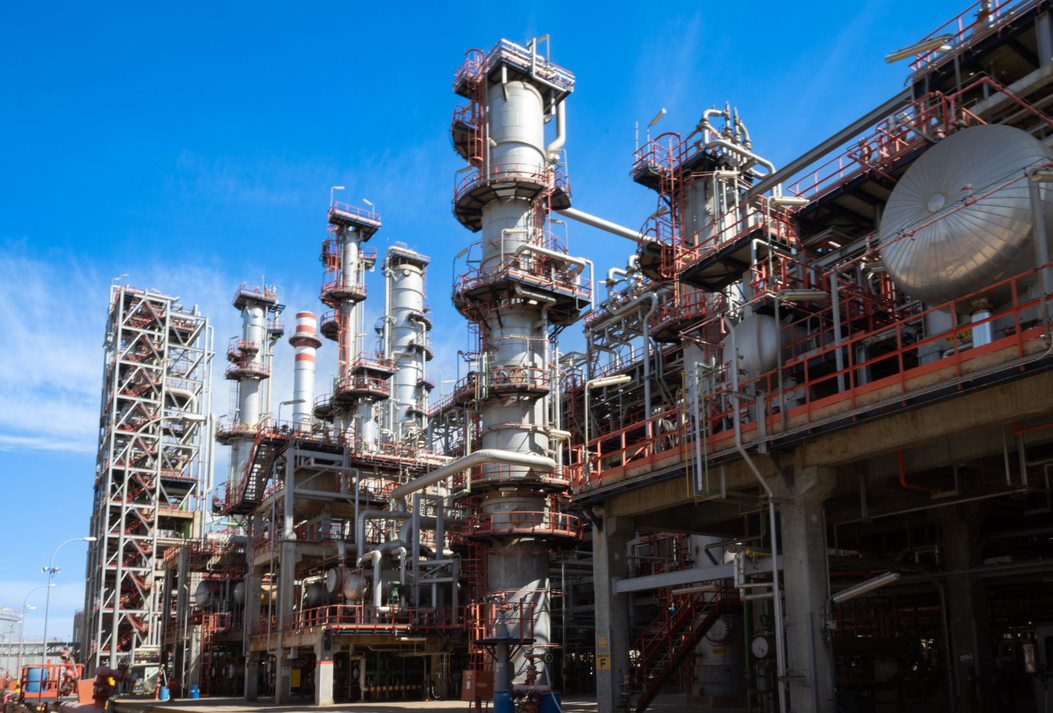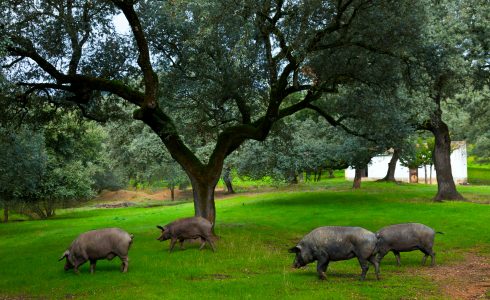AN old oil refinery in Spain’s Huelva has been rapidly converted to produce biofuels, capable of reducing CO2 emissions by 90%.
Cepsa says that the upgraded facility is now capable of producing a sustainable diesel fuel, called hydrobiodiesel, from vegetable oil, vegetable waste and animal fats not intended for human consumption (sandach).
The plant was originally made to remove sulphur from oil.

A company spokesman said: “Cepsa has made a firm commitment to the development and production of advanced biofuels from circular raw materials such as those described, which do not compete with food and can be used in diesel engines without any modification.”
According to Jorge Acitores, director of the La Rabida Energy Park, in Huelva,: “The talent and innovation of our professionals is enabling us to accelerate our goal of becoming a benchmark for energy transition in southern Europe.”
Initially, the refinery will be pumping out around 400 tonnes of biofuels day, which will increase in the future to 800 tonnes.
With the help of the Huelva plant, Cepsa aims to produce 2.5 million tonnes of advanced biofuels annually by 2030, of which 800,000 tonnes will be sustainable aviation fuels.
READ MORE:
- Gibraltar bay refinery slammed by environmental groups over toxic flare
- WATCH: Malaga schoolgirls scoop top environmental prize with ode to the sea music video
Click here to read more Environment News from The Olive Press.








